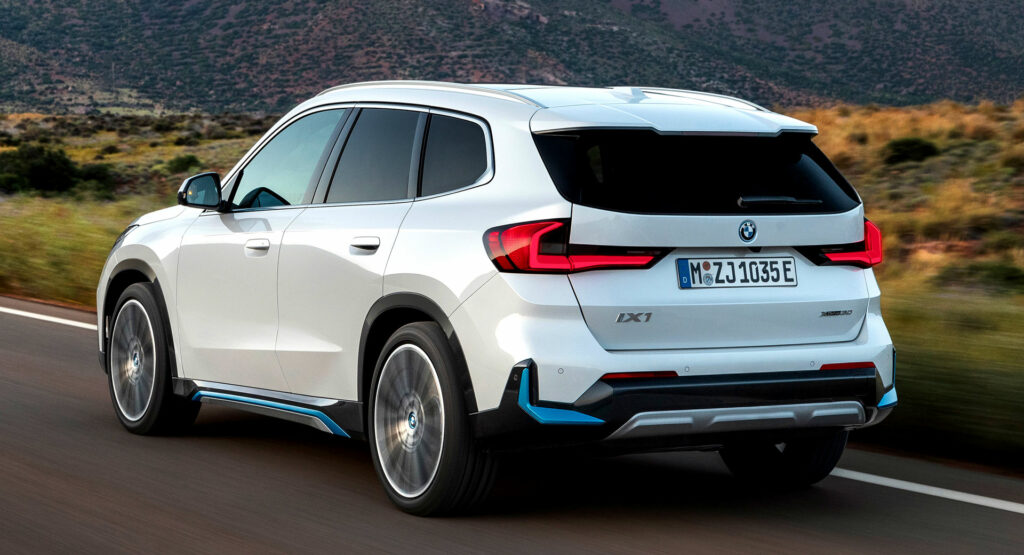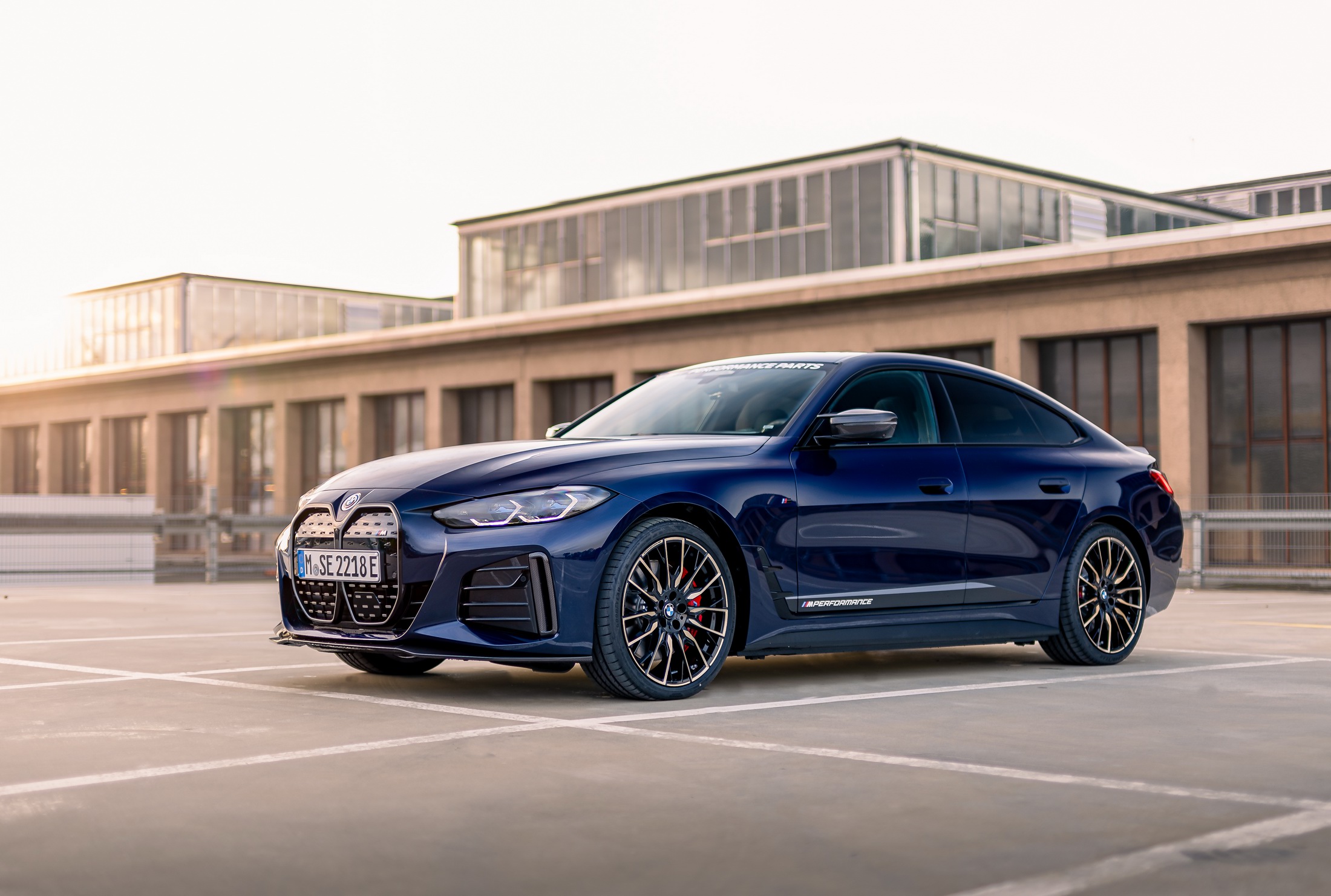BMW’s future range of Neue Klasse electric vehicles will feature advanced new lithium-ion battery cells that will boost range by as much as 30 per cent.
The automaker’s Gen 6 battery is currently under development at the BMW Group Battery Cell Centre of Excellence in Munich, Germany and adopts a cylindrical shape. The shape of the cell will allow BMW to ditch the current prismatic cells it currently configures in modules that are bolted together to create a pack and instead, allow for a new cell-to-pack design to be adopted.
The new design will allow the battery pack to be mounted directly into the vehicle’s frame. This won’t just improve chassis stiffness and ride quality but will contribute to a cost saving of 50 per cent for the battery pack. Charging the battery from 10 to 80 per cent will also take 30 per cent less time than BMW’s current EV models.
Read: BMW’s First Neue Klasse Vehicles Will Be A Compact Sedan And A Sporty SUV
Auto News notes that the new cell uses more nickel and silicon while using less cobalt. Indeed, the cathode in the battery cell has 50 per cent less cobalt while the anode has 20 per cent less graphite. The German car manufacturer will also use recycled cobalt, nickel and lithium and produce the cells using renewable energy.
“Energy density is much higher than before,” BMW’s Simon Erhard said. “You can put more cells into the battery pack. With Gen 6, we are integrating cylindrical battery cells straight into the vehicle. It’s now part of the body. The main challenge is to achieve the right compromise between stiffness and flexibility. The most integrated [design] would be where the vehicle floor is the upper part of the battery pack.”
BMW plans to build a number of electric crossover models based on its Neue Klasse platform at its South Carolina factory from mid-decade. Handling production of the Gen 6 battery cells will be Envision AESC, operating out of a factory in South Carolina capable of producing enough batteries to power 300,000 EVs annually.





